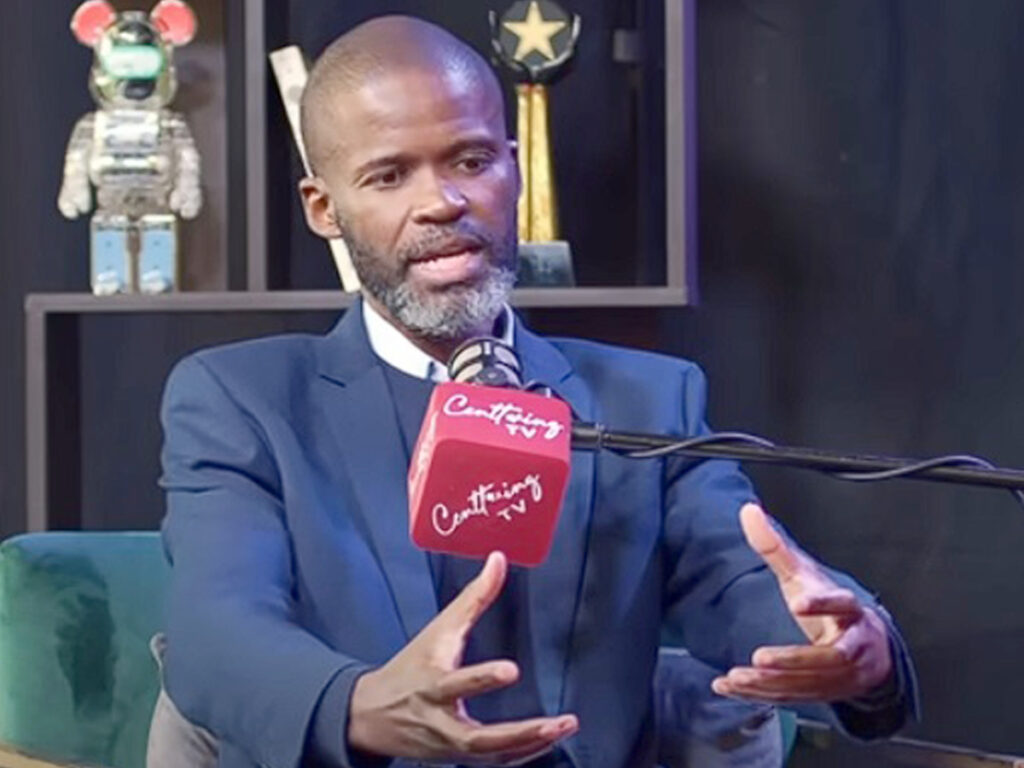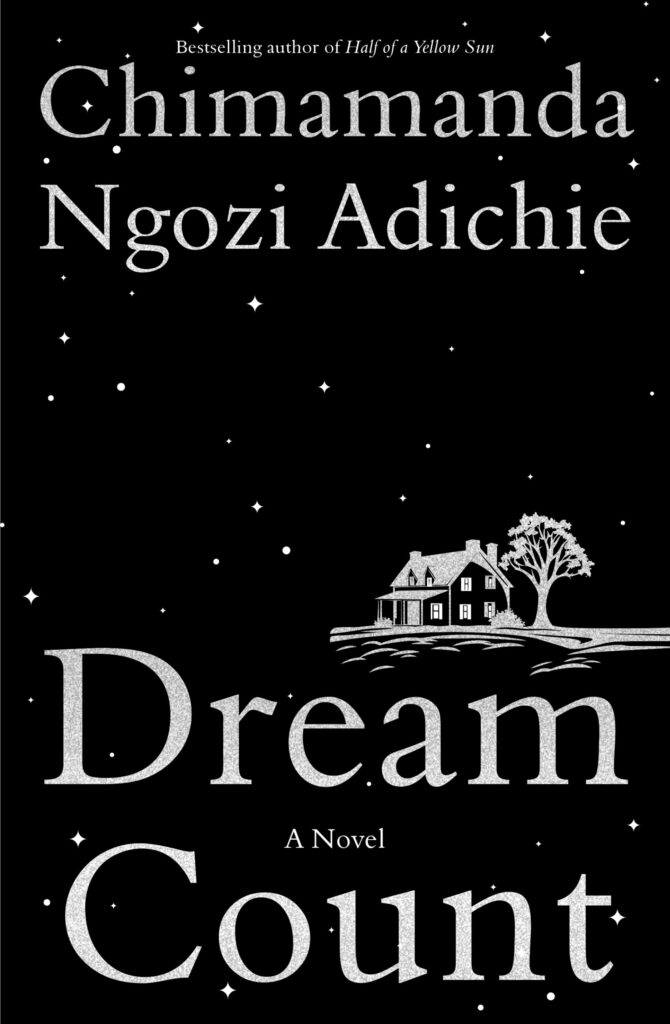The Christian Association of Nigeria (CAN) has condemned the actions of South African pastor Joshua Mhlakela, whose failed prophecy that the rapture would take place between September 23 and 24, 2025, has left many of his followers in despair after they sold their possessions and abandoned jobs in anticipation of the end.
Mhlakela had claimed that Jesus appeared to him in a vision, revealing the precise date of rapture, which he said would coincide with the Jewish Feast of Trumpets.
The prophecy spread quickly across social media, particularly TikTok, under the hashtag #RaptureTok, where followers documented preparations for what they believed was the final call to heaven.
On the appointed dates, groups of believers gathered in secluded areas waiting for the promise to be fulfilled, while Mhlakela himself went live online, insisting that “the rapture is imminent.”
When nothing happened, he asked his followers to remain patient, saying that the timing of “minutes and seconds” belonged to God alone.
The aftermath has been filled with regret and despair. Some who had quit their jobs, sold their cars, and given away their belongings expressed deep disappointment.
One TikTok a user admitted, “I woke up this morning and everyone is still here. Everything is gone. I don’t know what to do.”
Another said that he felt “foolish and lost,” questioning his faith after preparing in vain.
Prominent Christian leaders have strongly criticised the prophecy. Pastor Chris Okotie of the Shepherd Superintendent of the Household of God Church, described it as “the prideful ejaculations of a spiritual charlatan” and warned that no one knows the day or the hour of the rapture.
CAN’s National Director of National Issues and Social Welfare, Abimbola Ayuba, called for sanctions against such preachers, arguing that freedom of religion should not extend to misleading vulnerable people.
“Those who spread false prophecies should be raptured into detention,” he Ayuba.
The Lagos State CAN Chairman, Bishop Stephen Adegbite, also dismissed Mhlakela’s claims as misleading and self-serving, adding, “We have been hearing such claims since we were born. Anybody giving a specific date for the rapture is not speaking for the Lord.”
The controversy has once again revived global debate about rapture prophecies, which have historically failed to materialise but continue to resurface in moments of social anxiety.
The 19th century “Great Disappointment” remains the earliest example, when American preacher William Miller predicted Christ’s return for October 1844, prompting thousands to abandon their livelihoods in vain expectation.
More than a century later, U.S. broadcaster Harold Camping stirred worldwide attention when he declared that Judgment Day would occur on May 21, 2011, later shifting it to October, a prophecy that collapsed after his followers sold properties and exhausted savings.
In 2015, fears surrounding the so-called Blood Moon eclipses fuelled another wave of predictions that ended without incident. During the COVID-19 pandemic, the spread of end-time sermons and videos again raised alarms, linking global crisis to apocalyptic timelines.
Religious scholars argue that digital platforms have magnified the damage of such predictions. Professor Daniel Castelo of Duke University Divinity School told Newsweek that rapture theories “bubble up again and again” in times of instability, and with social media, their reach has become more immediate and influential.
Despite the latest disappointment, Mhlakela insists that the rapture will still take place soon. For many of his followers, however, the sense of betrayal and the loss of livelihoods may prove harder to overcome than the collapse of yet another prophecy.




